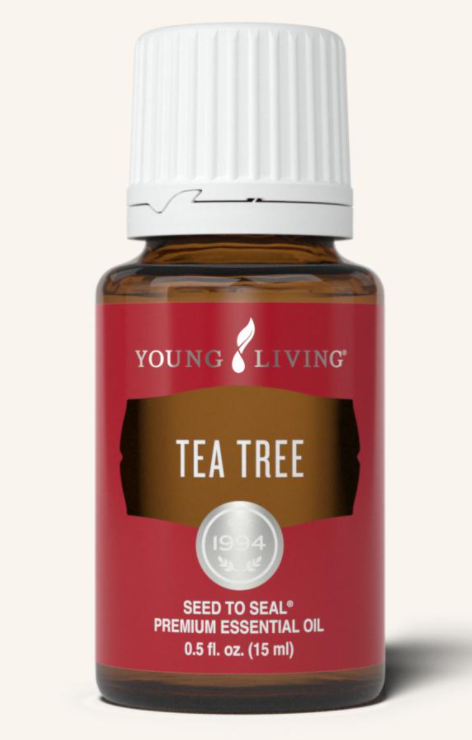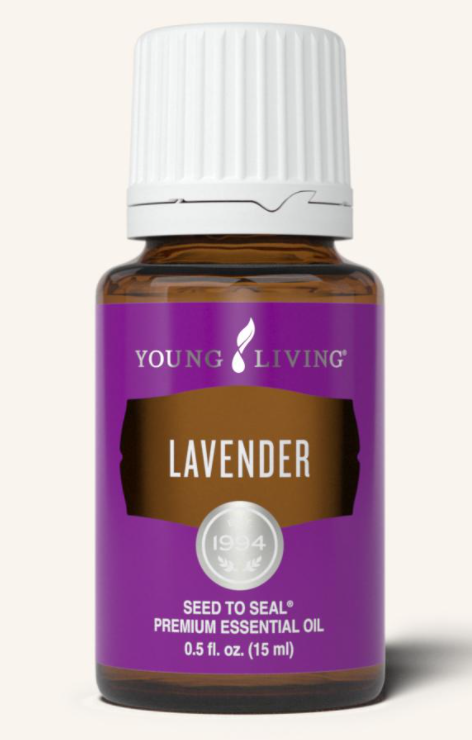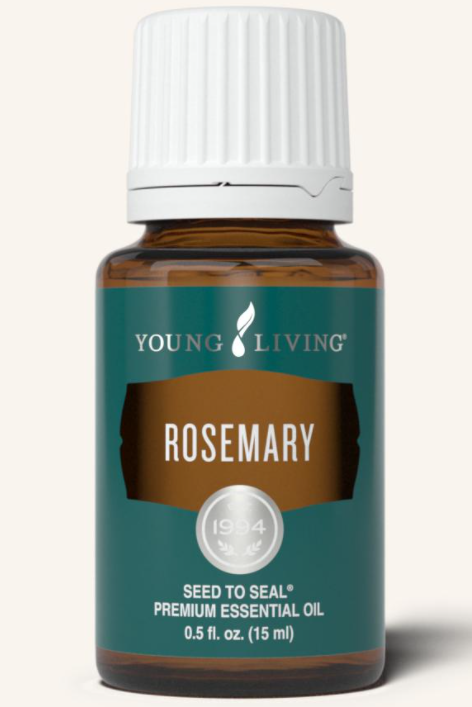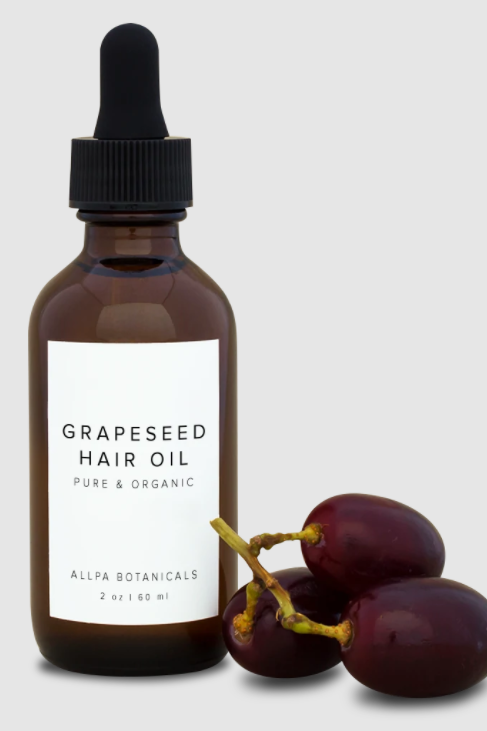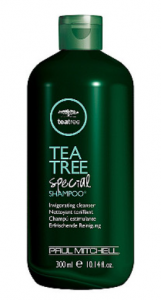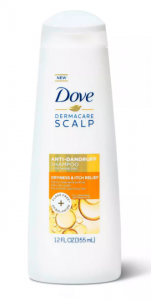We need to talk about dandruff.
While it’s not the most taboo of subjects, it’s certainly not discussed amongst friends.
Is it because we’ve been conditioned (ha. ha.) to think that it’s a hygienic problem? I know I’ve seen white flakes on someone’s black shirt and thought “Eww, gross.”
That’s because I was ignorant to what dandruff actually is — it can happen to anyone!
If you have hair, you can and probably have had dandruff. Maybe it’s not as noticeable or severe as some cases, but it’s present, and it’s a straight nuisance.
First off, dandruff isn’t the result of a dry scalp, like I believed. Let’s talk about what it actually is and why it happens.
According to the Mayo Clinic, “Dandruff is a common condition that causes the skin on the scalp to flake. It isn’t contagious or serious. But it can be embarrassing and difficult to treat.”
In most cases people don’t need to seek medical care, but in severe cases, we recommend seeing a dermatologist.
Dandruff signs and symptoms may include:
-
Skin flakes on your scalp, hair, eyebrows, and shoulders
-
Itchy scalp
The signs and symptoms can be more severe if you’re experiencing high levels of stress, and they tend to flare up in cold, dry seasons.
Dandruff Treatments
Earlier generations had few options for dandruff treatments — there were medicated shampoos, but that was about it.
But we’ve come a long way since Head & Shoulders dominated the dandruff market, and there are now a ton of products that will help with dandruff or an itchy scalp.
We talked to an expert — my hair stylist and colorist Stacy Walsh, who I would follow to the ends of the earth for my highlights.
View this post on Instagram
Luckily for me, she works at Salon Norman-Dee in Philadelphia, Pa. so it’s only a 30 minute drive. So I hopped in my car and headed over to ask Stacy some questions.
Q: As a stylist, do you get clients who complain about dandruff or an itchy scalp?
A: Yes! I get a lot of people in my chair who are experiencing both issues.
Q: What do you recommend to them?
A: The biggest thing is to not over-wash your hair — it tends to exaggerate the conditions. Another thing I advise is using hair oil.
Q: Is there a specific kind of oil?
A: Tea tree oil! I really like Young Living Essential Oils – their products are 100% pure oil and natural. I tell my clients to mix tea tree, lavender, and rosemary.
Q: What is the application process? How long do you leave it in, how often, etc.?
Q: Mix those 3 oils with a carrier oil — like grapeseed oil — in a spritzer bottle. Just spray it into your hair after towel drying — that’s it!
Q: What about scalp massagers and dry conditioners? Are they useful?
A: Scalp massagers may be good to get rid of the dry skin build-up but the scalp needs time to calm, so I wouldn’t advise over-using them. As for dry conditioners, I personally do not use or recommend them unless you’re only applying to the ends of your hair — there’s no need to use them other than that.
Keep scrolling for a list of the best dandruff shampoos and products according to Stacy!
Young Living Essential Oils
Drybar On The Rocks Charcoal Scalp Scrub
Phyto PHYTOSQUAM Intense Exfoliating Treatment Shampoo
Redken Scalp Relief Dandruff Control Shampoo
Paul Mitchell Tea Tree Special Shampoo
Oribe Serene Scalp Anti-Dandruff Shampoo
Dove DermaCare Anti Dandruff Shampoo
First Aid Beauty Anti-Dandruff Shampoo with 1% Pyrithione Zinc
Diane Shampoo Massage Brush
Tangle Teezer Scalp Exfoliator & Massager
Remember: do not use the scalp massagers more than necessary, as you could cause more irritation and aggravate what you’re trying to get rid of!

Are you prone to an itchy scalp or dandruff? What products have worked for you? Tell us below!
For More On Beauty And Hair, Check Out These Articles:

